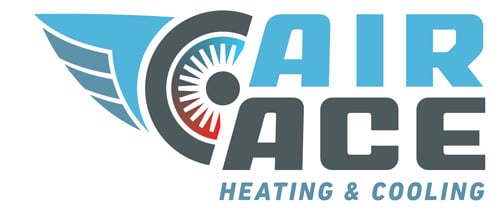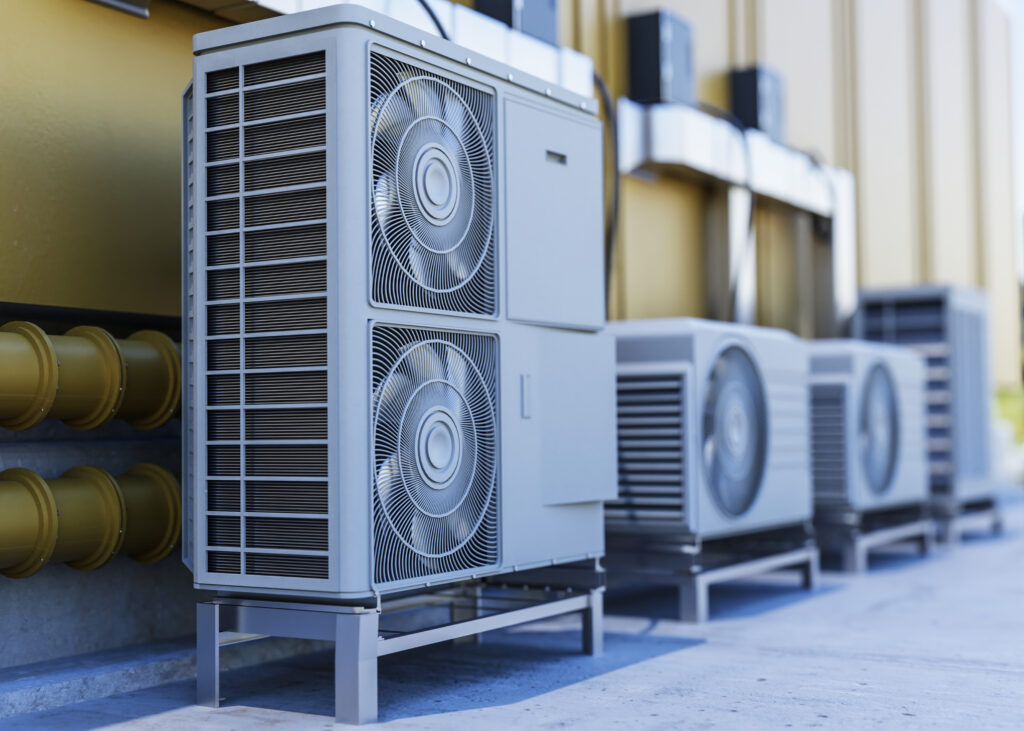Life Expectancy of a Heat Pump
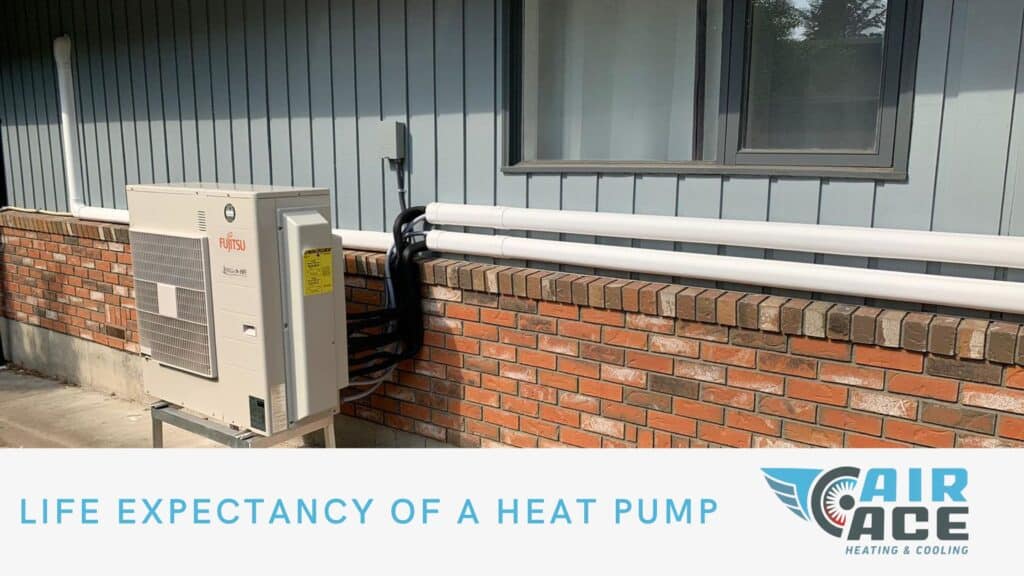
A heat pump is another alternative to traditional heating methods like furnaces. They are more efficient and can save you money on your energy bill. However, like all appliances, they eventually wear out, and the heat pump needs to be repaired or replaced.
The life expectancy of a heat pump depends according to a few contributing factors, but maintenance is typically the most important factor.
Heat pumps are a popular choice due to their efficiency and cost-effectiveness. The average life expectancy of a heat pump lasts around 15 years, though many models can last up to 10 or even 20 years with good maintenance.
How Does Heat Pumps Work?
A heat pump is a specialized device that transfers heat from one area to another. It works by drawing heat from the surrounding environment and moving it to a different location, either indoors or in another external space. The heating process usually works via electricity, and heat pumps are for heating homes and buildings.
There are different types and models of heat pumps available. Each heat pump has its unique advantages and applications. To learn more about how heat pumps work and explore the variety available, speak with a qualified heating or cooling professional in your area.
Regular Maintenance
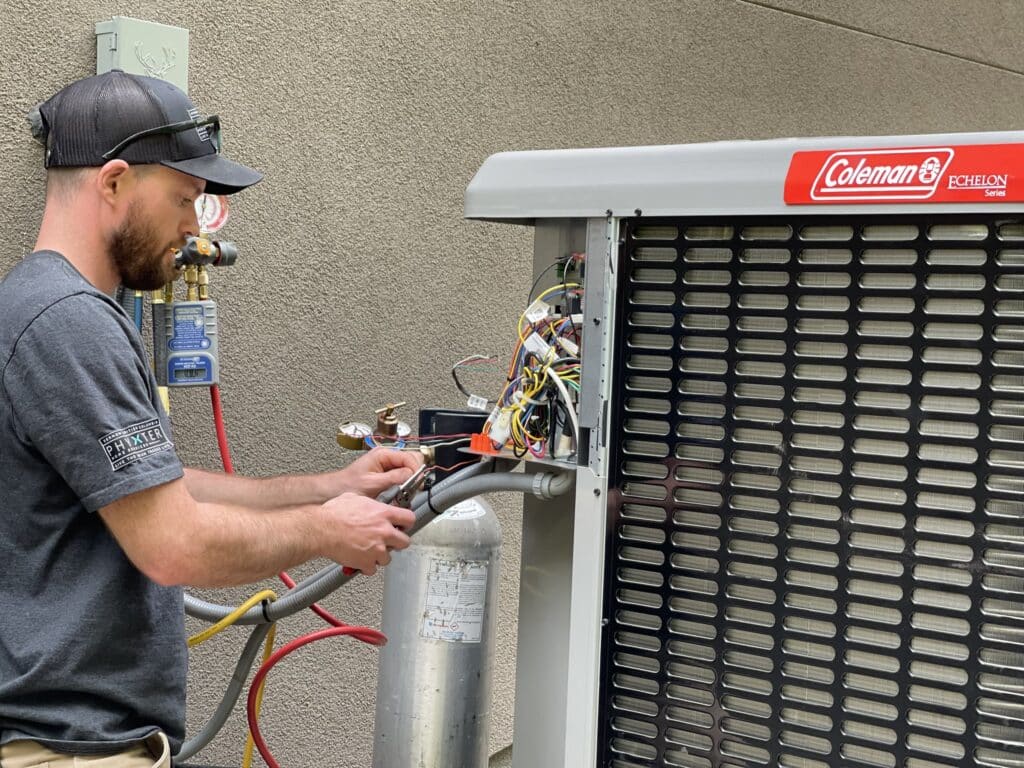
One way to increase the average lifespan of your heat pump is to do regular maintenance. To keep your heat pump running smoothly, you should have it regularly inspected by a professional technician and perform any necessary repairs or upkeep on your own. It includes replacing filters, cleaning or lubricating parts as needed, and check all components are in good working order.
Regular maintenance is crucial in keeping your heat pump last longer than usual. Aside from helping extend the life of your device, it also helps save money on your energy bills over time. If you are looking for a new heat pump, consider investing in a high-quality model built to last and choose a professional installer who will install your unit for optimal performance. With proper care and maintenance, your heat pump can provide years of reliable heating for your home!
Benefits of Regular Maintenance
Regular maintenance ensures that your heat pump is always running at its most efficient, helping to reduce utility costs even more. It also allows you to catch any issues before they become too costly or difficult to repair.
Overall, investing your time and energy regularly doing maintenance of your heat pumps can help you get the most out of your device. With proper care, your heat pump can last longer. It can save you more money as well.
Quality and Construction
Other factors that can impact the service life expectancy of your heat pump include its quality and construction, as well as the climate in which you live. If you are in a place with extreme weather or frequent temperature fluctuations, your heat pump may experience more wear and tear over time.
A well-maintained heat pump will guarantee to last up to 15 years or more. Investing in a high-quality model usually lasts longers than cheap heat pumps. Just research and choose a reputable brand with a proven track record. Additionally, it is best to choose an experienced installer who will properly install and ensure the heat pump’s longevity for optimal performance.
Quality Heat Pump Brands in the Market
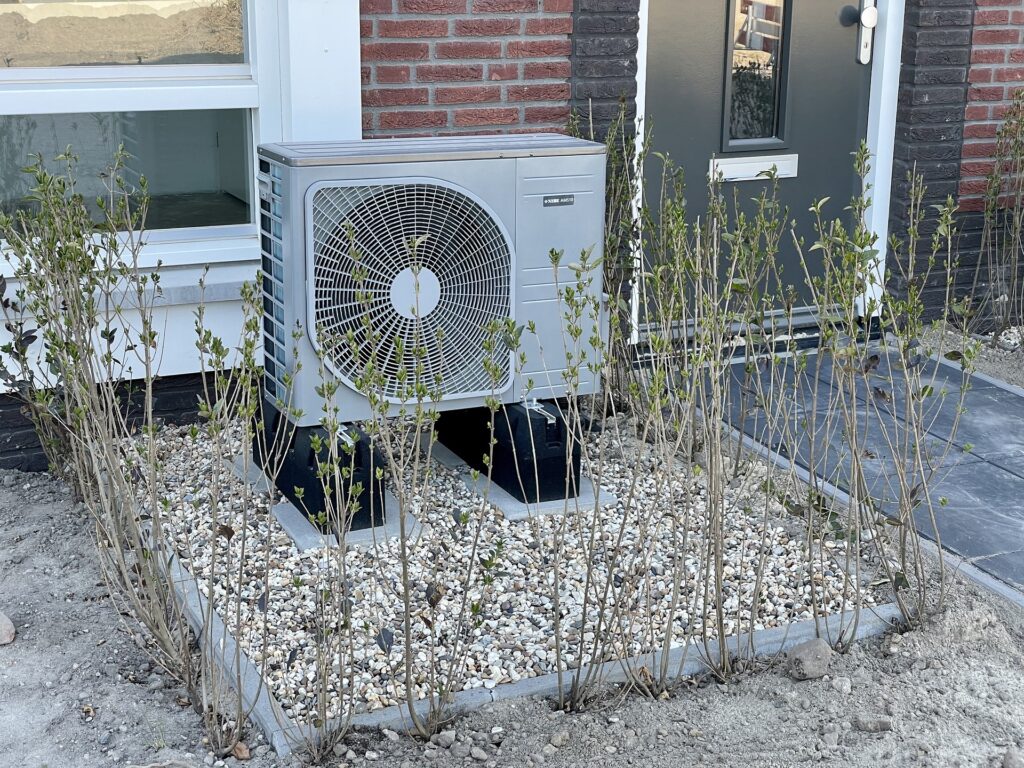
HVAC professionals recommend the following brands for heat pump systems: Carrier, Trane, Rheem, York, American Standard, and Lennox. These are all established companies with a long history of providing reliable products to homeowners.
When choosing a heat pump system for your home, do your research and find one that is HVAC-certified for quality, energy efficient to help you save money on rising energy bills, and Backed by a manufacturer’s warranty.
By taking the time to make an informed decision, you can ensure that your heat pump will last as long as possible and provide the comfort and efficiency that you need.
When to Replace Heat Pump Parts?
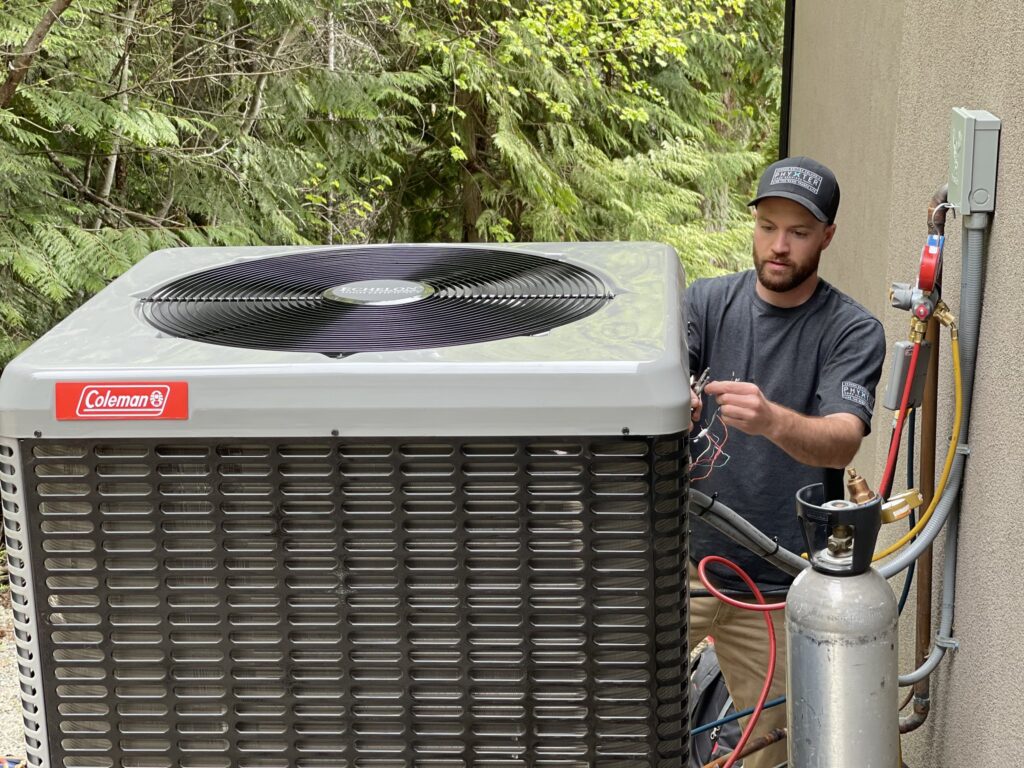
There is no definitive answer as to when you should replace the parts of your heat pump. It depends on several factors, including the type and condition of the parts, your climate or region, and how often you use your heat pump.
Ideally, your heat pump needs to be checked by a professional technician regularly. They can identify potential issues or problems early on, allowing you to address and repair them before they become more serious.
If one of your heat pump parts is starting to show signs of wear and tear, such as unusual noise or vibration, you may need to consider replacing it. In most cases, you can repair the parts depending on their condition and how much you can spend.
How Professional HVAC Technicians Replace Heat Pump Parts
When it comes to your heat pump, proper maintenance and care are the keys to extending its life expectancy. Investing in a high-quality system with a reliable manufacturer’s warranty can help you get the most out of your device.
Additionally, having professional technicians regularly check your heat pump can help discover and thwart potential issues in the future. Poor maintenance can make your heat pump wear out sooner.
Conclusion
Whether you are looking for a cost-effective way to heat your home or want to stay comfortable year-round, a heat pump is an excellent choice. With proper maintenance and care, heat pump devices can last for many years, providing reliable performance and energy efficiency.
To get the most out of your heat pump, choose the right brand and do regular maintenance and frequent repairs from a professional technician. If you are looking for the best heat pump system, consult an experienced technician and installer and invest in a high-quality product. By doing so, you can rest assured that your heat pump will last years and will provide comfort to you and your family.
Furthermore, if you notice wear or damage on your heat pump parts, it’s best to have them checked and replaced, if necessary. By taking these simple steps, you can help extend the lifespan of your heat pump and ensure that it continues to provide reliable service for many years to come.
